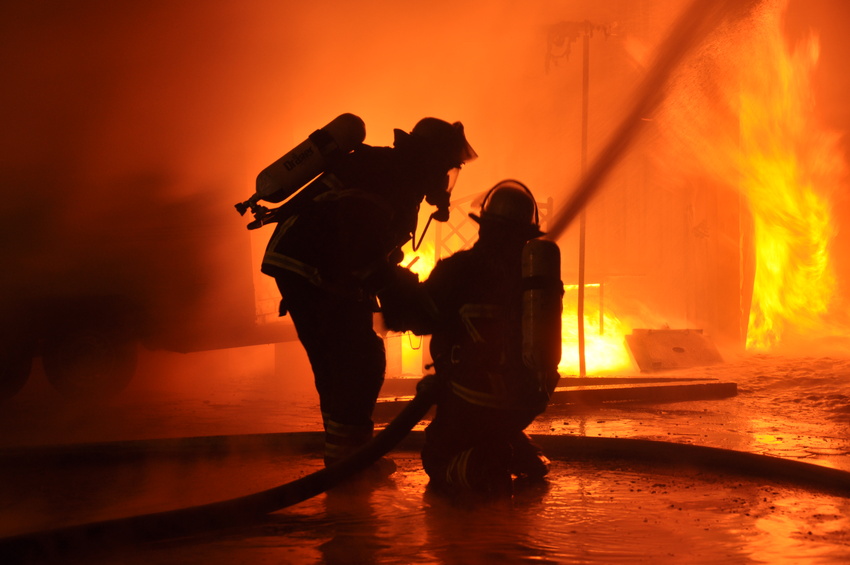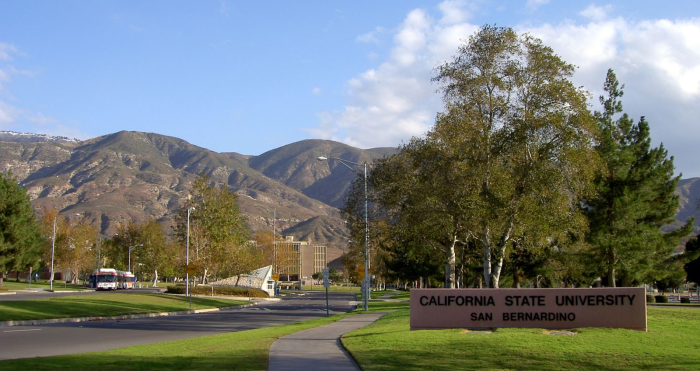 A career in the fire service will test you every day and can be incredibly satisfying. Firefighting requires exceptionally difficult and demanding physical work. You will perform strenuous activities and handle all types of emergencies, including life-or-death situations.
A career in the fire service will test you every day and can be incredibly satisfying. Firefighting requires exceptionally difficult and demanding physical work. You will perform strenuous activities and handle all types of emergencies, including life-or-death situations.
The job of a firefighter is often times underestimated. A great number of candidates are overwhelmed by the long and challenging examination process necessary to find the best new recruits. Tough physical standards are absolutely necessary due to the nature of the job and the extreme level of physical fitness and mental alertness the job requires.
The job of a firefighter requires wearing special personal protective equipment weighing approximately 50 pounds while fighting fires. In full turnout gear, the firefighter may be required to carry 50 pounds of additional equipment, including hose and other tools. It is possible that this may have to be done in conjunction with the rescue of a citizen from inside a burning structure.
Fighting fires is one of the many duties carried out by professional firefighters. Between 70% -80% of all fire service calls are emergency medical aid responses. Other duties may include fire prevention education, commercial and residential fire inspection, community outreach, salvage and clean up after fires, and equipment maintenance.
All firefighters must be good team players and must be able to work and function at a high level with a diverse group of people. Firefighters must possess the ability to make good decisions, communicate effectively, perform well at mechanical skills, apply basic mathematical calculations and prove their ability to comprehend and learn the job of firefighting.
Professional firefighters should be comfortable working in a paramilitary organization. Following orders is absolutely crucial to a good firefighter’s success. Additionally, firefighters live in close quarters and work non-traditional hours, so they must be prepared to make accommodations for others and give up a few important holidays and family events.
The average work schedule for fire fighters encompasses ten 24-hour shifts per month. If you ask a firefighter if all these sacrifices are worth it, you would be hard pressed to find one that says it is not worth it. The worst day on the job as a firefighter is still better than the best day on the job anywhere else.
What are the Minimum Qualifications?
Each applicant may be required to meet some or all of the following qualifications in order to be considered for the job:
Age
- Must be at least 18 years of age at time of application.
Education
- Possess a High School Diploma or GED
- Be a fire academy graduate
- Hold a state firefighter – 1 certification
Driver’s License
- Must possess a valid driver’s license and have a satisfactory driving record
- May need to obtain a valid Commercial Driver’s License (with or without Firefighter Exempt Class) with an air brake endorsement
Paramedic License
- May be required to have a valid EMT or EMT-Paramedic License
Experience
- May be required to have some full or part time firefighting or EMT / EMT – Paramedic experience
What Are the Tests Like?
Physical Ability Test (PAT)
The physical ability test is designed to evaluate an applicant’s endurance and ability to perform basic strenuous tasks that professional firefighters must perform.
Oral Interview Panel
The applicant will be expected to answer a series of pre-determined questions and show an interview panel that they possess the ability to perform the job of a firefighter. This is the opportunity for an applicant to sell himself or herself and demonstrate to the panel that they have the ability and aspiration to become a firefighter.
Background Investigation
Applicants must favorably complete the background process, which begins by completing a comprehensive background packet. The background investigations may include, but is not limited to, reference checks, employment checks, criminal history checks, credit history, driving history, drug tests, interviews with supervisors, interviews with coworkers, interviews with friends and an in depth one-on-one interview with the investigator.
Psychological Screening
The psychological test is meant to assess and evaluate information a candidate provides to the examiner to determine whether they are mentally prepared to cope with the stressful nature of the job. The information is gathered through a series of written true or false questions, answers to questions read off a computer screen and answers to interview questions.
Medical Exam
Prior to the final employment offer, candidates must pass a pre-employment medical examination. Candidates will be required to complete a comprehensive medical history questionnaire. Candidates must provide complete and accurate information in the questionnaire and during the medical examination with the clinic physician. This medical exam will gather significant information designed to ensure a candidate is a good physical risk for long-term employment.
What You Can Do to Succeed?
In order to become a candidate who is taken seriously in the hiring process, you must show the Oral Interview Panel that you have done the same things a firefighter does before you get hired. This is your opportunity to prove your worth. The panel will be looking for activities that show you are self-motivated, such as taking classes that are not part of a college curriculum (State Fire Marshal Classes), attending outside training events (FDIC, Firehouse World etc.), and being involved in various outside organizations (sports teams, civic groups, etc.).
You should also be able to show involvement in your community – think church groups, scout troops, hospitals, schools, etc. You must also be prepared to demonstrate your commitment to the fire service by involving yourself in a volunteer Fire Service program. You can find these programs by talking to your local Fire Department members and asking about their volunteer programs or for recommendations for volunteer programs outside of their department. You can also take a look at the following programs: Volunteers In Prevention, RACES Radio group, and local Burn Foundations.
One of the best things you can do is to learn as much as you can about the Department by spending time with the members in their facilities. The quickest and most effective way to accomplish this is through station visits and ride-a-long programs – it also shows your interest in the Department is genuine.
What’s Next for Me?
You MUST have a plan. All success starts with a good plan executed repeatedly. Fire Alumni has spent years working with entry-level firefighter candidates on their plan. We have helped countless individuals get hired. Our format is simple. We put you in the room with the best people the fire service has and they work on getting your head right. Yes, “Getting your head right.” That’s the process of going from I think I want to become a firefighter to I will do whatever it takes to become a firefighter. Each year our Firefighter Workshop features some of the most well respected leaders and decision makers that sit on the actual hiring panels. Who better to hear it from them than the professionals who make the decisions on who gets hired and who doesn’t. So, all you need to do now is decide, are you ready to dedicate your life to a cause that you can give everything you have to? If you are, or if you think you might be, go to www.firealumni.com and see what we can do for you.



